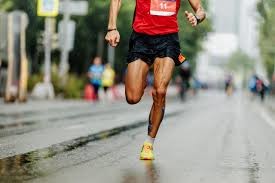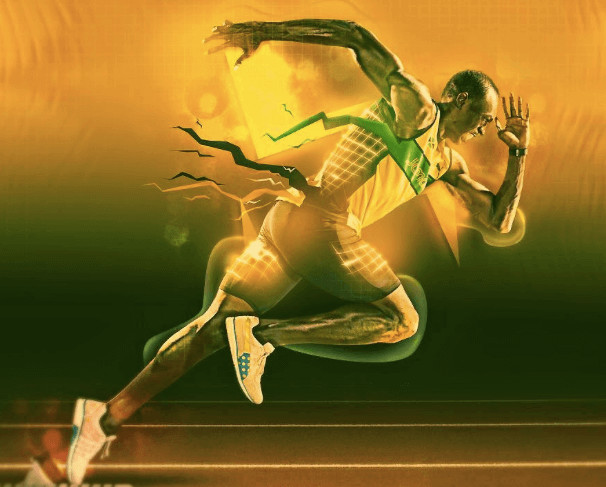Running News Daily
Running News Daily is edited by Bob Anderson. Send your news items to bob@mybestruns.com Advertising opportunities available. Train the Kenyan Way at KATA Kenya and Portugal owned and operated by Bob Anderson. Be sure to catch our movie A Long Run the movie KATA Running Camps and KATA Potato Farms - 31 now open in Kenya! https://kata.ke/
Index to Daily Posts · Sign Up For Updates · Run The World Feed
Genetics could be a poor predictor of athletic talent according to a new research
When describing the best runners in the world, a lot of people might say the top athletes are simply built for the sport or that they have the right genes for running. It’s a fair assumption that an athlete’s prowess is mostly due to winning the genetic lottery, but new research out of the Human Kinetics Journal suggests otherwise.
Through case studies of five elite athletes, researchers found that genetic testing couldn’t distinguish between an elite athlete and a non-elite participant.

The study looked at five elite track runners (including one Olympic champion) and compared their scores to 503 non-athletes. Each runner’s genotype score (essentially an assessment of DNA) was observed and used as the basis of comparison. The results were surprising, indicating that genotype has very little to do with predicting international medallists.

Researchers found that elite speed-power athletes scored higher than endurance athletes when looking at the speed-power genotype score. This makes sense.
What doesn’t make sense is that using this same score, 68 non-athletic participants scored higher than the elite athletes. That’s 14 per cent of the non-athletic population in the study who, based on their speed-power genotype alone, should be better athletes than the elite participants. Another surprising finding was that when the endurance genotype was assessed, the speed-power athletes scored higher than the endurance runners.
Study authors noted that there is “considerable interest in understanding whether [genetic] information can be utilized to identify future elite athletes.” From what they found in their research, it would be incredibly difficult to predict who would grow up to become an elite athlete based on genetics alone. It can’t be denied that genetics play a role in an individual’s success in sport. If that were all that mattered, though, those 68 non-athlete participants who scored higher than the five elite athletes in this study would likely be elite athletes themselves.
With all this in mind, the next time someone suggests that an athlete won the genetic lottery, kindly point to this study and note that genetics may not be entirely responsible for one’s success. There are many more factors that make an athlete, and this sample strongly suggests that it takes much more to become a world-class runner than just a good pair of lungs and some fast-twitch muscle fibres.
by Canadian Running
Login to leave a comment




